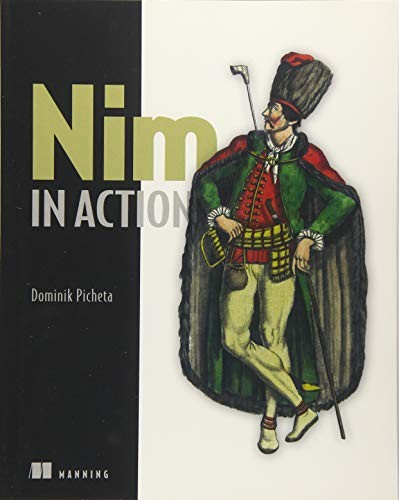Really exciting research that could transform digital spaces
5 stars
zk-creds shows (and builds a Rust proof-of-concept for) how to use zero-knowledge proofs as a flexible and privacy-preserving identity framework. The core concepts allows for ZK linking of related proofs, and blinding those, while allowing for dynamic attestations. Practically, this allows for someone to scan the NFC data on their passport, signed by a trusted entity, and use that to e.g., prove that they are above a certain age, or are a person of X citizenship, all without having to get the trusted entity to onboard into the identity system.
The ability to set the gadgets that compute on identity attributes after the fact allows for changes to age verification policies, or other checks that all operate without revealing any other aspects of the identity (e.g. DOB or name). This work could form the basis for anonymous, but only-human social networks or other systems that use identity as a proxy …
zk-creds shows (and builds a Rust proof-of-concept for) how to use zero-knowledge proofs as a flexible and privacy-preserving identity framework. The core concepts allows for ZK linking of related proofs, and blinding those, while allowing for dynamic attestations. Practically, this allows for someone to scan the NFC data on their passport, signed by a trusted entity, and use that to e.g., prove that they are above a certain age, or are a person of X citizenship, all without having to get the trusted entity to onboard into the identity system.
The ability to set the gadgets that compute on identity attributes after the fact allows for changes to age verification policies, or other checks that all operate without revealing any other aspects of the identity (e.g. DOB or name). This work could form the basis for anonymous, but only-human social networks or other systems that use identity as a proxy for bot defense.
A great read, and comes with a proof-of-concept for a practical system based on scanning passports and ZK proving that the signature on it is valid.






